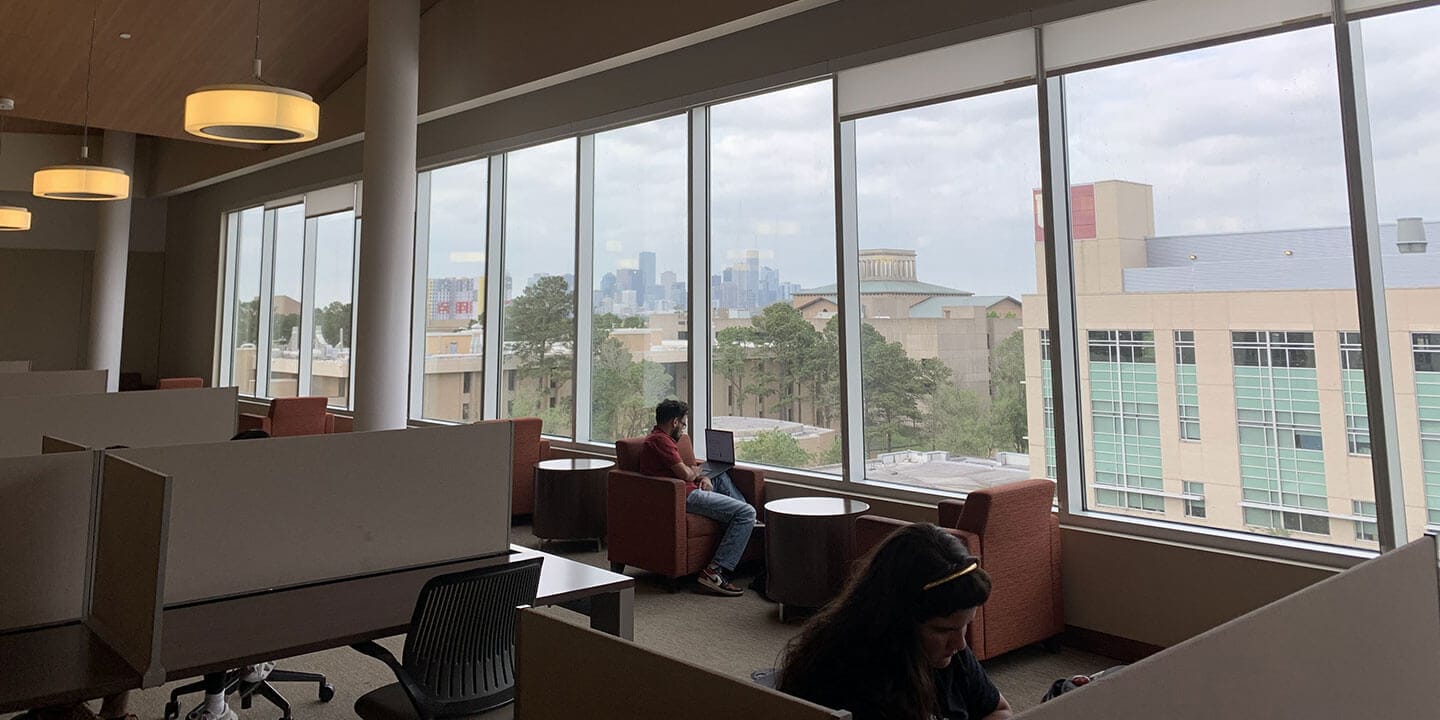
Nursing School and a Weenie Dog
The Brink of Burnout
As if college was not overwhelming enough, I decided to major in nursing, which is college on steroids. I was stuck going to lectures, studying for quizzes and exams, cooking for myself in the dorms, and somehow still trying to have a social life. This cycle went on for two semesters until I finally said, "enough."
I started searching for ways to deal with the built-up stress and anxiety. That is when I came across the term ESA, which stands for Emotional Support Animal, and my life completely changed.
A Furry Solution
One hundred dollars for an ESA certificate later, I was living with a three-month-old Dachshund named Luka. He probably wished his new mother were not an eighteen-year-old college student living in a small dorm. However, this did not mean he was less loved or taken care of; it was the opposite.
I quickly gave up on crate training, and he became my sleeping buddy and, eventually, my everything buddy. Luka made getting out of class something I looked forward to, made grocery trips less dreadful, and became my own little de-stressor.
The Chaos and the Cuddles
Taking care of another living thing during midterms was a unique experience. It was a balance of cleaning up random messes while flipping through a massive pathophysiology book, but it was always worth it.
It was especially worth it when I felt Luka cuddle up next to my leg at 2 a.m. He did not care that it was way past our bedtime, only that he was as close as possible.
Since Luka was a puppy, he still needed all his puppy shots. Juggling his appointments with my class schedule also required some creativity. I remember telling my pathophysiology professor that I had a pressing family matter to attend to, so I could not stay for the entire class. In reality, my "family matter" was a weenie dog who had been sleeping all day and would trade me for a spoonful of peanut butter.
A Lasting Bond
I still loved every minute of it: carrying him like a baby, kissing him, and giving him his first piece of steak. We made many memories that I will cherish forever.
To this day, he is my faithful companion who greets me with a wagging tail that could hit a home run and a bark that could intimidate a lion. I love you, Luka, and thank you for your unwavering love.
Do you have a compelling story or student success tips you’d like to see published on the Pearson Students blog? If you are a college student and interested in writing for us – click here to pitch your idea and get started!







